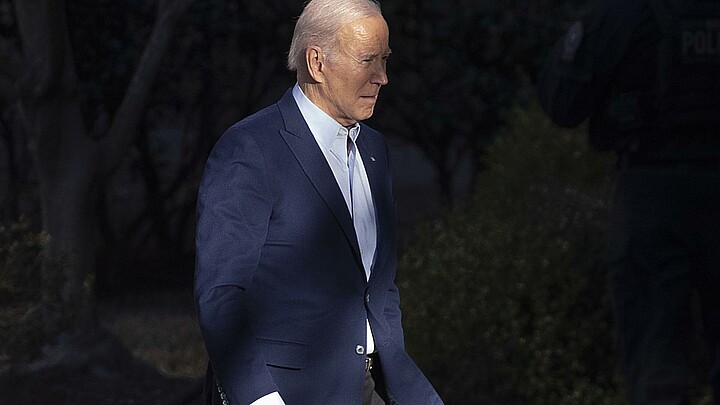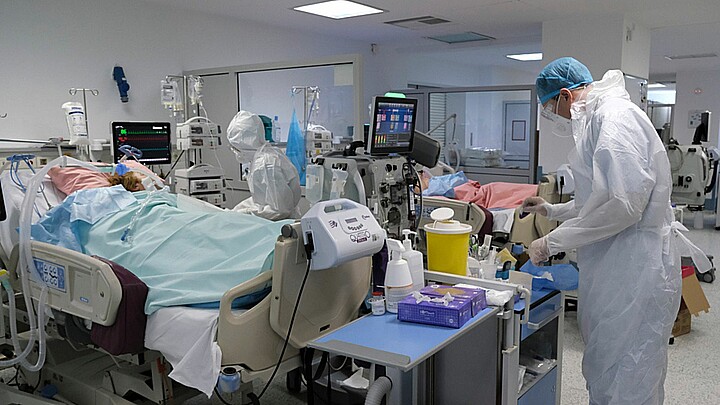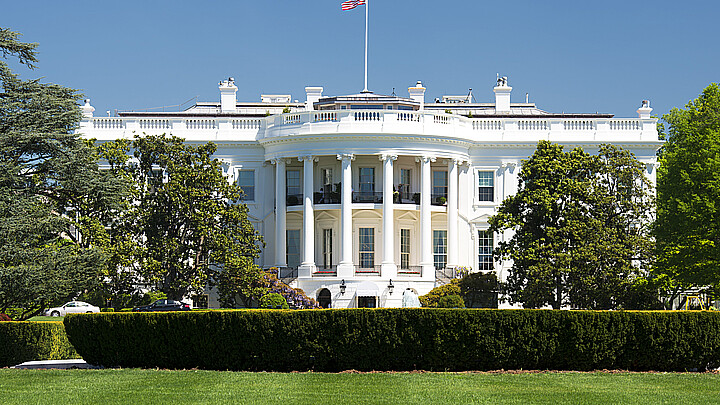Health
Pfizer signs agreement to produce COVID-19 pill in developing countries
Eight Latin American countries will be able to produce generic versions of Pfizer’s new COVID-19 pill
November 16, 2021 3:56pm
Updated: November 16, 2021 6:01pm
On Tuesday, Pfizer announced that it will allow low-and middle-income countries to manufacture its new experimental pill against Covid-19. Eight of those countries are in Latin America.
The pharmaceutical giant signed an agreement with the Medicines Patent Pool (MPP) group, backed by the United Nations, allowing 95 developing countries to manufacture the pill and covering approximately 53% of the population.
The eight Latin American countries included in the list are Belize, Bolivia, El Salvador, Guatemala, Haiti, Honduras, Nicaragua, and Venezuela.
The new pill reduces the risk of hospitalization and death by nearly 90% in people with mild to moderate conditions, said Pfizer. The pharmaceutical also asked regulatory agencies in several countries to authorize its use as soon as possible.
“Pfizer remains committed to bringing forth scientific breakthroughs to help end this pandemic for all people. We believe oral antiviral treatments can play a vital role in reducing the severity of COVID-19 infections, decreasing the strain on our healthcare systems, and saving lives,” said Albert Bourla, Pfizer’s Chairman and Chief Executive Officer, in a statement.
The Company also seeks to ensure that middle-income and low-income people have access to medical advances and plans to further their commitment to equity.
The Unitaid initiative, a partner of the World Health Organization (WHO) in health emergencies and developer of MPP, will facilitate the production and distribution of the experimental antiviral by sublicensing the production to generic drug manufacturers, according to UN Info.
"Pfizer will waive royalties on sales in all countries mentioned in the agreement as long as COVID-19 remains classified as a public health emergency of international concern by the WHO," said Unitaid spokesman Herve Verhoosel.
The agreement between Pfizer and MPP would mean that developing countries will have access to the same drugs as developed countries for the first time, without having to wait for patents to expire.










